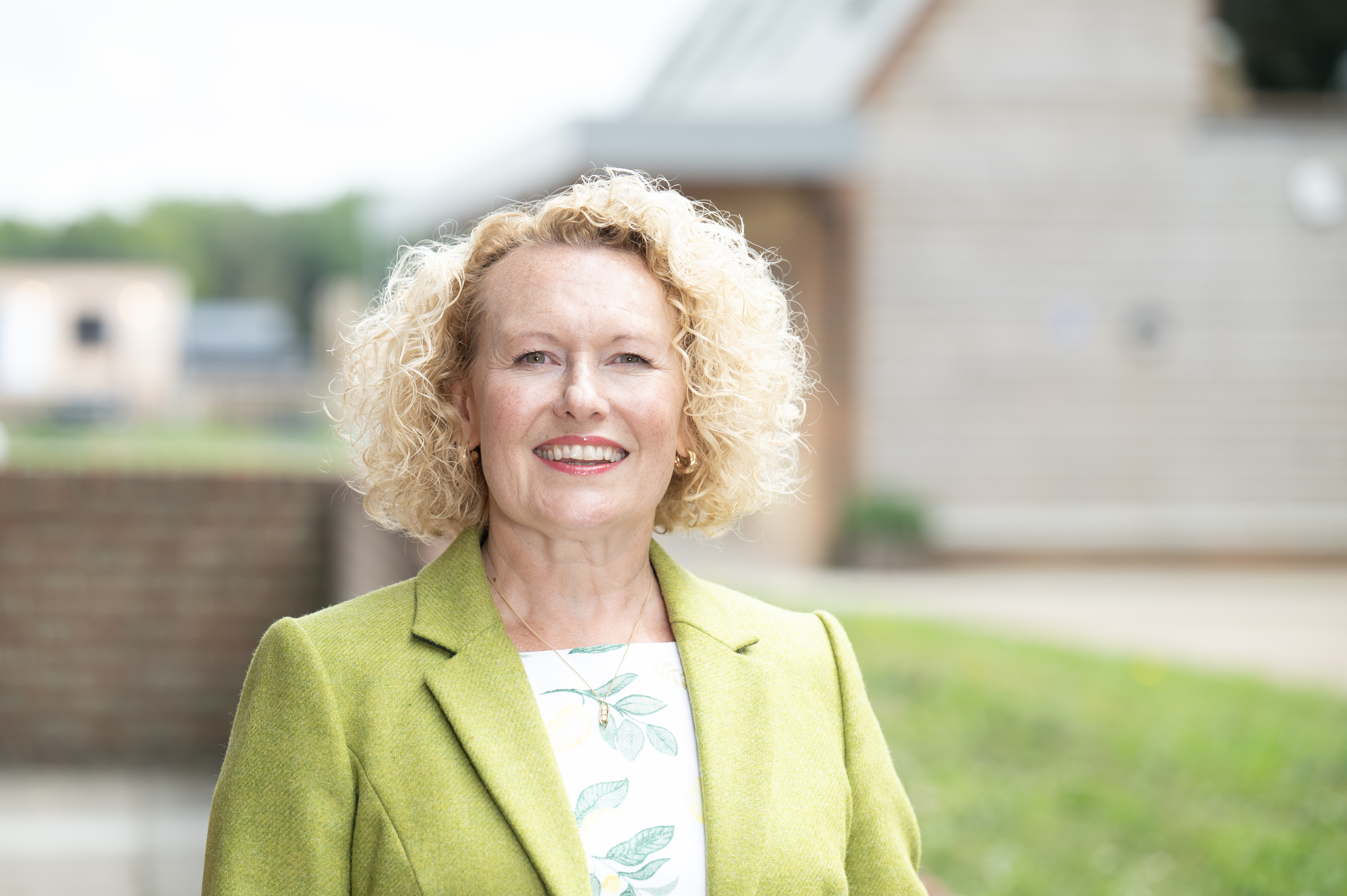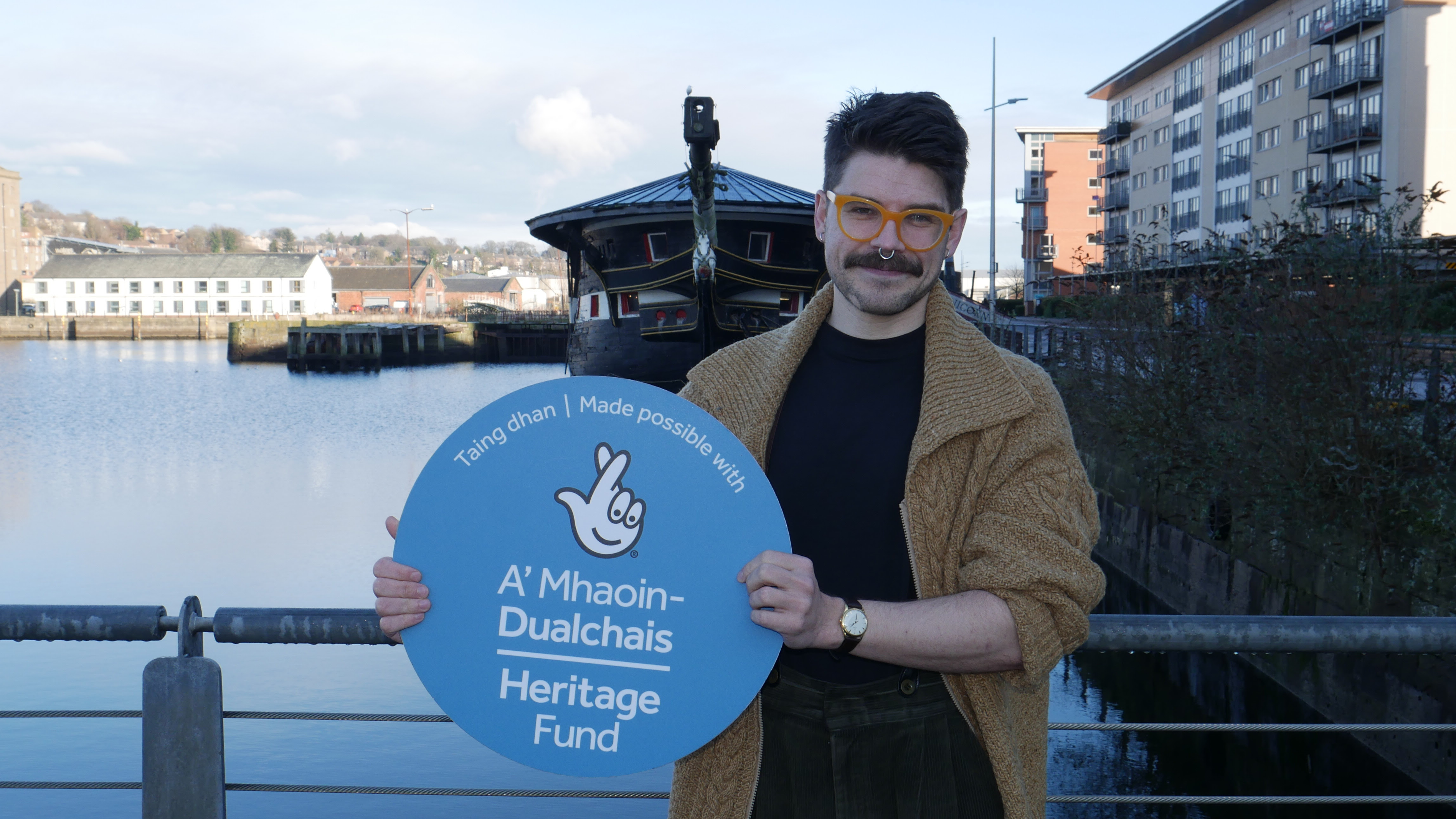Raj Johal is the executive director of the Blue Sky Social Care Card, which is a frontline and discount card for the care sector. Here, Johal answers some questions about the card and how charities can replicate its success.
Can you talk a bit about the Blue Sky Social Care Card, what is it and what are the benefits?
The Blue Sky Social Care Card is the official card of the social care sector and is available to the UK’s millions of both paid and unpaid carers.
It was created to fill a perceived gap in the market and was borne from our own experiences of the challenges facing carers, which includes problems with proving their status as carers, often making ends meet.
It is a fully vetted and verified ID card which doubles as a forces and frontline discounts and perks card. It is fully customisable, so company names and logos can be printed on the card too, alongside ID photos, names and job roles.
It’s inclusive to the whole of the social care sector, from PA’s to self-employed carers and foster carers, but we are looking to add more to our eligibility list to ensure the whole of the social care sector has access to our products and services.
It is also accompanied by an app, which gives access to the benefits, as well as a career support forum to keep them in touch with other carers, an active wellbeing page and an emergency contacts section.
What were the challenges when setting it up?
There were a number of challenges during the set-up phase, including competing with other, well-established brands and getting recognition in a market which is dominated by prominent competitors.
Another challenge was being heard by potential users to get them to understand how the card would benefit them. We had to work hard to demonstrate that the card has a unique dual function as both an ID and a discount card, rather than either one or the other, while we also had to raise awareness and understanding of the card’s purpose and benefits.
This required targeted marketing and educational efforts in order to overcome scepticism.
It was also a challenge to ensure that businesses and the care sector trusted the card’s legitimacy. Achieving this involved implementing and communicating robust vetting processes.
How did you gain credibility for the card and encourage sign-ups?
One of the biggest wins for us was achieving a high-profile launch, in a wonderful location and with a well-known celebrity to raise awareness that our card was the official card of the social care sector.
For this we have to thank our local MP, Catherine Atkinson, MP for Derby North, which is where we are based. She arranged for us to launch the card at the Houses of Parliament, where we were also privileged to be represented by the ITV Good Morning star Kate Garraway, who later spoke about the card on TV on Carer’s Rights Day.
Kate’s profile, her own story as a carer for her husband, Derek Draper, and her new role as Carers Champion helped us generate media coverage for our launch, which have given us huge credibility.
We were also supported by a range of well-respected carers organisations, including the National Association of Care and Support Workers, workforce development organisation Skills for Care, my own organisation, Blue Sky Brokers, DD Payroll and carers charity Disability Direct.
If an organisation wants to develop their own card, where do they start?
They need to start by exploring whether there is a genuine gap in the market and what the possible demand is. Also, is launching a card feasible? And how will it stand out – what makes it different from others?
These are all-important questions, because of the need for their card to gain traction with both potential card-holders and the organisations they need to get on board to back it. This is why the biggest question I would ask anyone is what their network is like.
If they don’t have the contacts to collaborate with, then they will struggle to prove the card has authority within the market-place and that will make it harder too.
Latest News
-
King’s New Year’s Honours list pays tribute to charity leaders
-
Charity Leaders’ 2026 To Do List
-
Toy library charity to fight on despite closure fears
-
2025: A year in the news
-
Funder launches initiative to improve charity board diversity
-
National Trust's former legal counsel takes senior role at charity regulator
Charity Times video Q&A: In conversation with Hilda Hayo, CEO of Dementia UK
Charity Times editor, Lauren Weymouth, is joined by Dementia UK CEO, Hilda Hayo to discuss why the charity receives such high workplace satisfaction results, what a positive working culture looks like and the importance of lived experience among staff. The pair talk about challenges facing the charity, the impact felt by the pandemic and how it's striving to overcome obstacles and continue to be a highly impactful organisation for anybody affected by dementia.
Charity Times Awards 2023
Mitigating risk and reducing claims

The cost-of-living crisis is impacting charities in a number of ways, including the risks they take. Endsleigh Insurance’s* senior risk management consultant Scott Crichton joins Charity Times to discuss the ramifications of prioritising certain types of risk over others, the financial implications risk can have if not managed properly, and tips for charities to help manage those risks.
* Coming soon… Howden, the new name for Endsleigh.
* Coming soon… Howden, the new name for Endsleigh.
Better Society

© 2021 Perspective Publishing Privacy & Cookies











Recent Stories